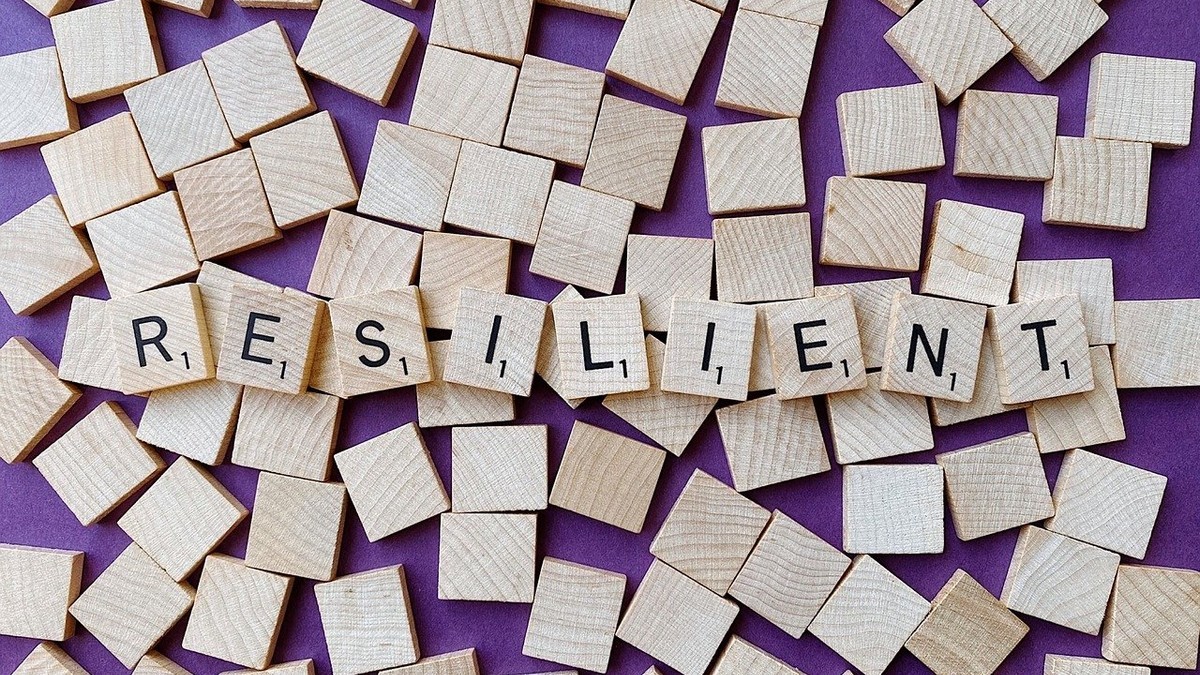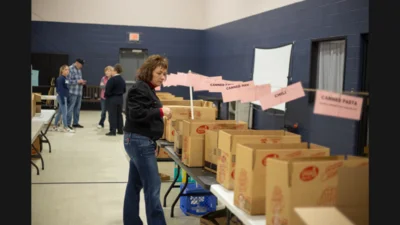As we do our end-of-the-year reviews and begin setting our resolutions for 2021, what allows some people to navigate the stresses of 2020 with ease while others are emotionally gripped by them?
We are all in the same storm right now, but we’re not in the same boat. Some of us have faced extreme hardships this year with the economy and social injustices. Some of us are adjusting to new work and home routines, and I think it’s safe to say we’re all trying to figure out how to deal with the newfound isolation we’re experiencing. The key factor in how we navigate all of this is resilience.
Being resilient doesn’t mean that a person won’t experience difficulty or distress. People who have suffered major adversity or trauma in their lives commonly experience emotional pain and stress. In fact, the road to resilience is likely to involve considerable emotional distress. Resiliency also doesn’t mean facing these obstacles alone. Resiliency is what keeps us moving forward and asking for help when we need it.
Resilience was first studied by psychologist Susan Kobasa, and she identified three key elements that are essential to resilience. People who are resilient often view challenging events as a challenge rather than a never-ending situation. They don't view them as a negative reflection on their abilities or self-worth.
The second element is commitment. Resilient people are committed to their lives; along with things such as their relationships, their friendships, the causes they care about, and their religious or spiritual beliefs.
The third thing resilient people do is focus on what they can control. They spend their time and energy where they can have the most impact. This leaves them feeling empowered and confident.
Resilient people are easy to recognize. They’re the ones who are optimistic about the future, they have goals and often follow through with them, and they are often empathetic and compassionate.
The good news is that resiliency can be built in both children and adults. There are simple practices that you can work into your everyday life to build resilience; such as meditating, journaling and practicing gratitude. So this year when you’re planning your goals for 2021, include something that can help your outlook on life and your overall mental health.
Emily Morrison
Community Relations Coordinator
Mental Health and Recovery for Knox and Licking Counties
1435 W. Main St., Suite B
Newark, Ohio 43055
Office: 740-522-1234, ext. 28
Cell: 740-504-3598







